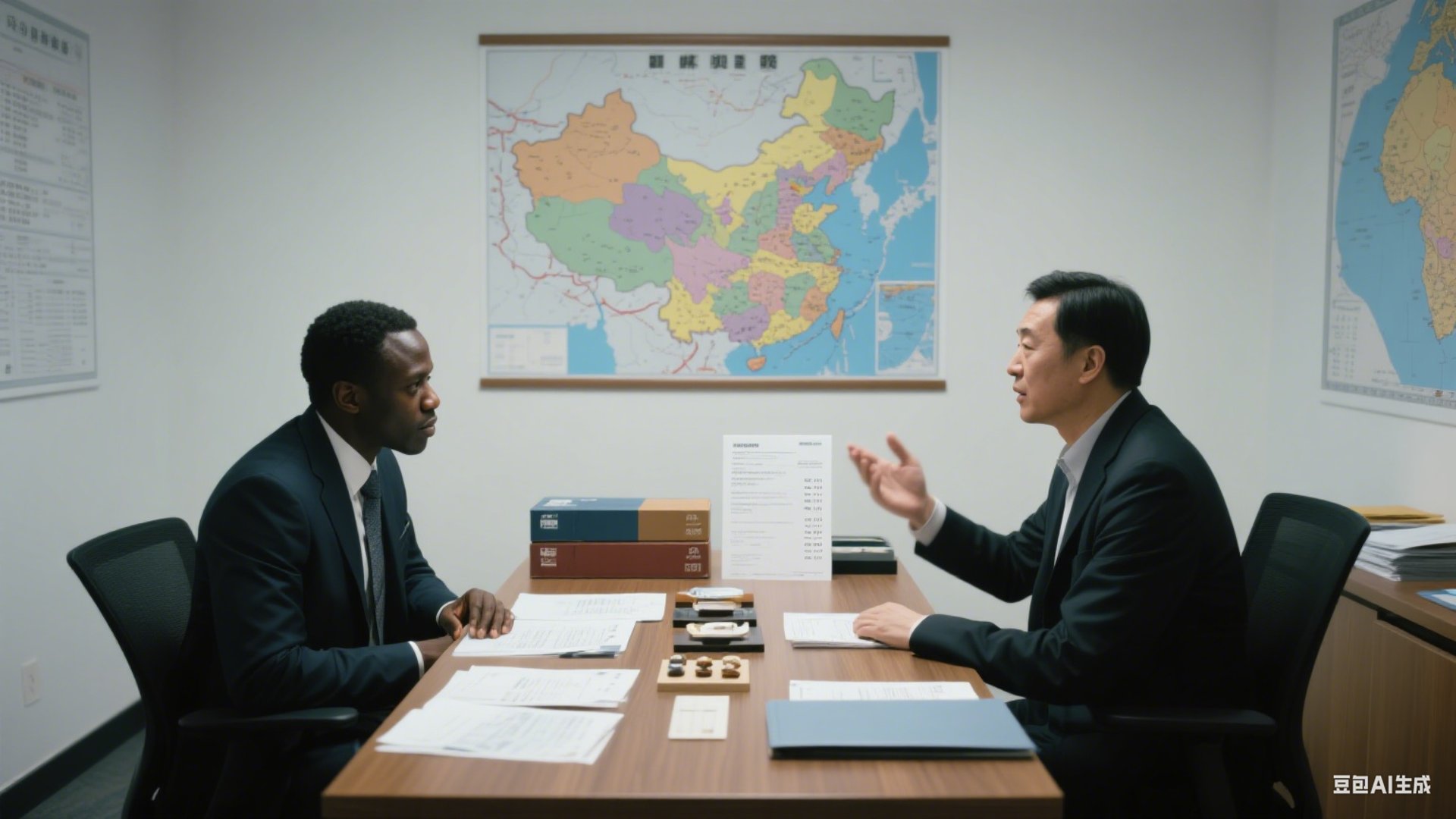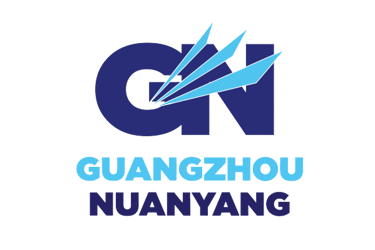Shipping from China to Africa guide
The Ultimate Guide to Importing from China to Africa: Avoid Costly Mistakes
Bright Mawoyo
7/4/20254 min read

“The Ultimate Guide to Importing from China to Africa: Avoid Costly Mistakes”
Are you an African entrepreneur or business owner looking to import goods from China? You’re not alone. China is the world’s largest manufacturing hub, offering everything from electronics to textiles at competitive prices. But importing from China to Africa comes with unique challenges. From navigating shipping routes to understanding customs clearance. If you don’t prepare, you could lose thousands of dollars to delays, quality issues, or hidden costs.
At Guangzhou Nuanyang International, we help importers avoid these painful mistakes every day. As experts in sourcing and shipping from China to Africa (and beyond), we’re here to guide you through the entire process. This comprehensive guide covers everything you need to know, including:
✅ How to find reliable suppliers
✅ Understanding shipping methods and Incoterms
✅ Managing quality control and product inspections
✅ Avoiding customs delays and hidden fees
✅ Common pitfalls and how to avoid them
Let’s dive in.
1️⃣ Why Import From China?
China remains the most attractive sourcing market in the world because:
Competitive pricing due to economies of scale
Massive variety of products from electronics to building materials
Established manufacturing supply chains
Skilled production workforce
African businesses can achieve significant profit margins when they import from China. Whether you’re in Nigeria, Kenya, South Africa, Ghana, or anywhere else on the continent, the opportunities are huge, if you do it right.
2️⃣ Finding Reliable Suppliers in China
One of the biggest mistakes importers make is choosing the wrong supplier. This can lead to:
🚫 Low-quality products
🚫 Missed deadlines
🚫 Financial scams
🚫 Intellectual property theft
Here’s how to protect yourself:
✅ Verify the supplier’s legitimacy: Use platforms like Alibaba, Made-in-China, or 1688, but always cross-check company registration records and ask for business licenses.
✅ Request references and past client samples: A reputable supplier will have no problem sharing proof of past work.
✅ Consider a sourcing agent: A local sourcing agent (like Guangzhou Nuanyang International) can help you vet manufacturers, negotiate better prices, and ensure you work with trusted partners.
✅ Visit the factory if possible: Or at least arrange a virtual factory tour. If you can’t, use an agent to inspect on your behalf.
3️⃣ Understand Shipping Methods and Incoterms
Shipping is where many importers lose money. You need to choose the right mode of transport and clearly define trade terms.
Shipping methods from China to Africa:
🚢 Sea Freight (FCL or LCL) Best for large, heavy, or non-urgent shipments. Most cost-effective.
✈️ Air Freight: Faster but more expensive, good for high-value or time-sensitive goods.
🚛 Rail or Road (from Chinese bonded warehouses): Limited, but sometimes a good option to ports if consolidation is needed.
Incoterms to know:
FOB (Free On Board): Supplier pays for transport to the port of shipment, buyer pays beyond that.
EXW (Ex Works): Buyer arranges all shipping from the factory gate.
CIF (Cost, Insurance, and Freight): Supplier pays up to destination port, buyer handles clearance.
A professional freight forwarder or shipping company (like GN International) can advise on the best combination of shipping method and Incoterm for your goods.
4️⃣ Quality Control & Product Inspections
African importers often get burned by poor quality. Here’s how to avoid costly returns:
✅ Define a clear product specification sheet (materials, colors, sizes, packaging, etc.)
✅ Request production samples before full manufacturing begins
✅ Hire a third-party inspection service to check quality before shipment
✅ Set up staged payments tied to product approval milestones
Guangzhou Nuanyang International, for example, offers product inspection services to ensure the goods match exactly what you ordered before they ever leave China.
5️⃣ Understanding Customs Clearance in Africa
Every African country has its own customs laws, but common issues include:
🚫 Missing or incorrect shipping documents
🚫 Undervalued invoices (which can cause delays or penalties)
🚫 Incorrect Harmonized System (HS) codes
🚫 Lack of required certifications
To avoid problems:
✅ Work with a customs broker who knows your local market
✅ Always ask your shipping partner for a checklist of required documents
✅ Be transparent about the real product value
Customs delays can destroy your profit margin and even damage your business reputation, so don’t cut corners here.
6️⃣ Typical Import Costs to Budget For
Beyond the factory price, you must account for:
💰 Freight costs (sea or air)
💰 Insurance
💰 Port charges
💰 Customs duties & taxes
💰 Warehousing fees (if you store at the port)
💰 Inland transport to your warehouse
Failing to plan for these hidden costs is one of the most expensive mistakes importers make.
7️⃣ Common Pitfalls When Importing from China to Africa (and How to Avoid Them)
Pitfall #1: Chasing the cheapest price
👉 Solution: Balance cost with quality. The cheapest supplier often cuts corners.
Pitfall #2: Paying 100% upfront
👉 Solution: Use deposits (30% up front, 70% after inspection)
Pitfall #3: Ignoring Incoterms
👉 Solution: Confirm Incoterms in your contract before you transfer any money
Pitfall #4: No clear product specifications
👉 Solution: Always document exactly what you want, down to color codes and packaging
Pitfall #5: Failing to work with an experienced shipping partner
👉 Solution: Use a freight forwarder or sourcing agent with a proven track record in China-Africa shipments
At GN International, we help our clients avoid these traps through our end-to-end sourcing and shipping services.
8️⃣ Why Work with a Professional Sourcing & Shipping Partner?
A professional partner in China can:
✅ Negotiate better prices for you
✅ Check factory licenses and certificates
✅ Handle local payments safely
✅ Coordinate quality inspections
✅ Book reliable shipping routes
✅ Handle customs paperwork and compliance
This helps you save time, reduce stress, and protect your investment. GN International, for example, provides a single point of contact for your entire supply chain, from the factory floor to your warehouse in Africa.
9️⃣ Frequently Asked Questions (FAQs)
Q: Can I import small quantities from China?
A: Yes! Thanks to LCL (Less than Container Load) shipping, you can consolidate smaller shipments with other customers.
Q: How long does shipping from China to Africa take?
A: Typically 25–40 days by sea, 5–10 days by air. It depends on your port and customs clearance speed.
Q: What are the most profitable products to import?
A: Electronics, fashion accessories, building materials, and household items are consistent performers.
Q: Is it risky to buy from Alibaba?
A: Alibaba is just a marketplace — you still need to verify the supplier’s authenticity. Always do your due diligence.
🔗 Final Tips to Import from China Successfully
✅ Research before you buy
✅ Always verify your supplier
✅ Understand Incoterms and shipping
✅ Protect your cash flow with staged payments
✅ Work with a reputable freight forwarder
✅ Plan for customs requirements
✅ Never sacrifice quality for the lowest price
🌟 How GN International Can Help You
At Guangzhou Nuanyang International, we specialize in taking the stress out of importing from China to Africa. Our services include:
Factory and supplier verification
Product sourcing and price negotiation
Product inspections and quality control
Secure payments
Freight booking (FCL, LCL, air cargo)
Customs clearance support
Consolidation services
We have teams on the ground in China to protect your interests, and strong relationships with African ports to get your goods delivered on time.
Ready to get started? Contact us today for a free consultation and see how we can help you import from China with confidence and peace of mind.
Contact us
Whether you have a request, a query, or want to work with us, use the form below to get in touch with our team.
Location
No. 1 Xingang West Road, Haizhu District, Guangzhou
Hours
Sun-Sat 8:00- 11pm Beijing time
Guangzhounuanyang ©2025


